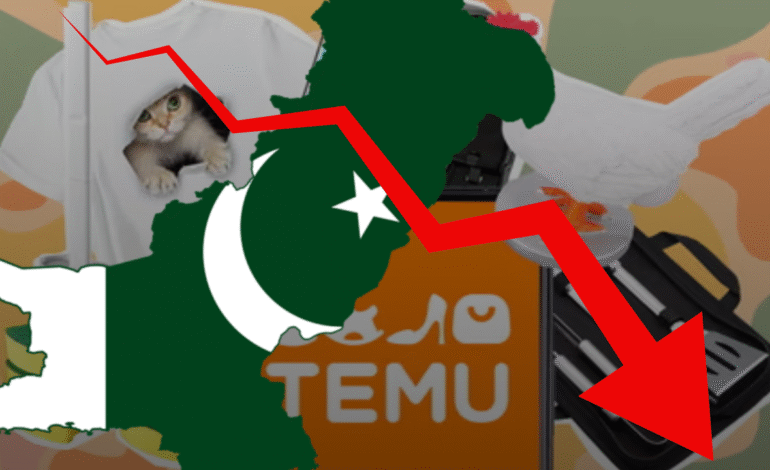
FBR Prohibits Online Marketplaces and Couriers from Engaging with Unregistered Sellers
The Federal Board of Revenue (FBR) has announced a sweeping new tax regime for Pakistan’s e-commerce sector, barring online marketplaces (OMPs) and courier services from offering their platforms to unregistered sellers starting July 1, 2025.
The move is part of a broader effort to formalize the digital economy and ensure tax compliance across the rapidly growing online retail landscape.
In a detailed income tax circular, the FBR outlined the new requirements, mandating that all sellers operating through OMPs or e-stores must register with the tax authority and obtain a National Tax Number (NTN). Online platforms and courier services are now legally obligated to deny services to unregistered sellers and submit detailed monthly statements of all transactions conducted through their platforms.
The FBR explained that the initiative aims to address the informal nature of Pakistan’s e-commerce sector, where a significant number of sellers operate without registration. To streamline compliance, the tax authority has introduced a simplified registration process to assign NTNs to sellers. Additionally, a withholding tax mechanism has been implemented to ensure tax collection on every digitally ordered transaction.
Under the new framework, payments for goods and services ordered online will be taxed under Section 6A of the Income Tax Ordinance. Payment intermediaries, including banks, financial institutions, foreign exchange dealers, and payment gateways, will be required to collect a 1% withholding tax on digital payments. For transactions conducted on a Cash on Delivery (CoD) basis, courier services will collect a 2% withholding tax on the gross amount of receipts.
The FBR clarified that the differential tax rates are designed to incentivize digital payments and support the government’s broader goal of transitioning to a cashless economy.
The tax collected under this regime will be treated as final tax on income derived from local e-commerce and export transactions. However, withholding under Sections 154 and 154A will remain outside the scope of this regime. To ensure clarity, the FBR has incorporated definitions for key terms such as e-commerce, digitally delivered services, online marketplaces, payment intermediaries, and courier services into the Income Tax Ordinance.
Payment intermediaries and courier services are required to collect taxes on behalf of sellers, deposit the amounts into the national treasury, and file prescribed withholding tax (WHT) statements on a monthly basis. These statements must include detailed information on all transactions conducted by sellers using their platforms.
The FBR has also introduced penalties for non-compliance. Online marketplaces and courier services that fail to withhold taxes, file statutory statements, or ensure seller registration will face strict penalties.
The FBR has clarified the roles of payment intermediaries and couriers in tax collection. For vendors using e-stores or mobile applications where payments are made online, the acquiring bank will act as the payment intermediary and will be responsible for collecting taxes. In cases where payments are made on a CoD basis, the courier service, whether directly providing delivery services or acting as an aggregator, will be responsible for tax collection and compliance.
For vendors selling through OMPs, the payment intermediary will be the bank or financial institution facilitating the final transaction between the buyer and the seller. However, issuing and acquiring banks involved in the initial transaction between the buyer and the OMP will not be considered payment intermediaries, as the OMP acts as an agent for the seller rather than the seller itself.
In CoD transactions involving OMPs, the courier service, whether directly affiliated with the OMP or operating independently, will bear the responsibility for tax compliance.






